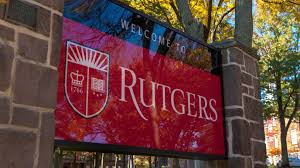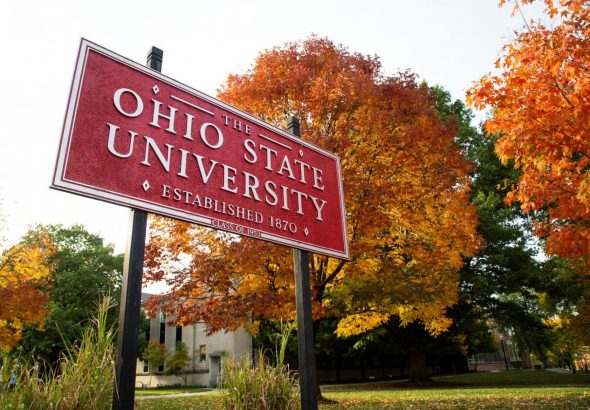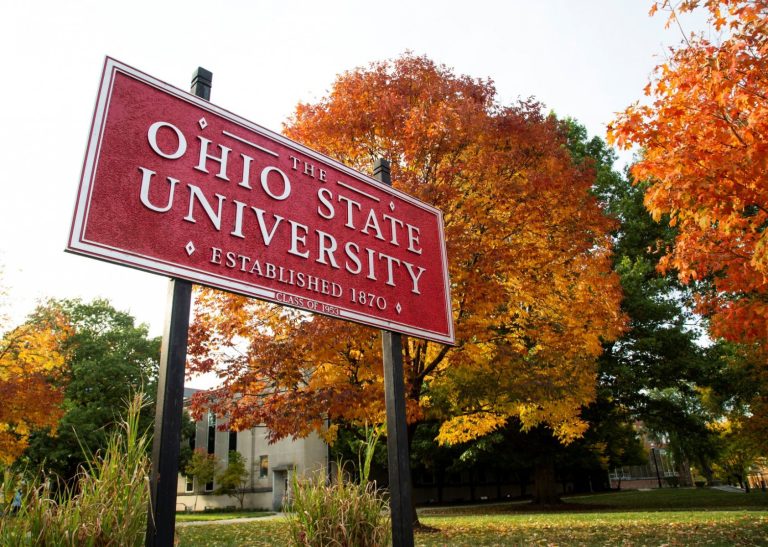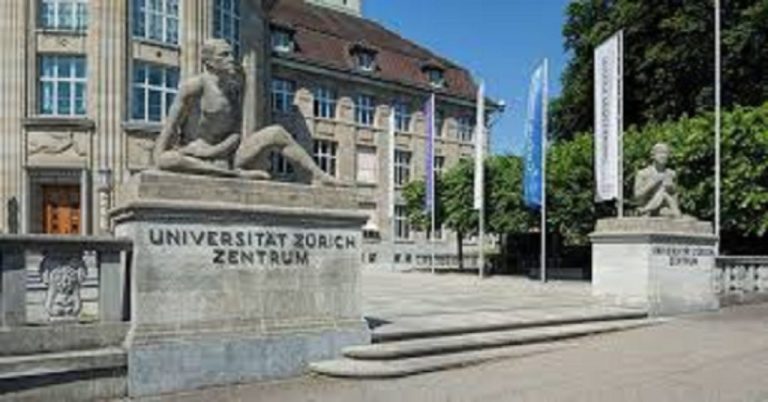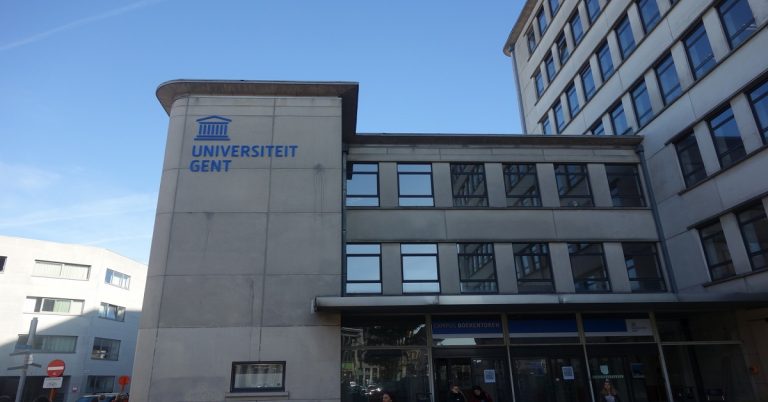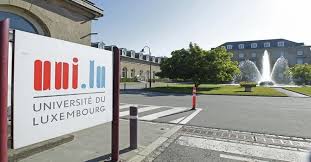Have you ever tried to “make eye contact” with a faceless robot to figure out what it’s...
We are looking for a postdoc to join our team at the Division of Systems and Control,...
Rutgers University in United States invites application for vacant Postdoctoral Positions, an American public university. The largest...
Postdoctoral Positions at Harvard University, a private Ivy League research university in Cambridge, United States. Explore other...
Postdoctoral Positions at Ohio State University, a large public research university in Columbus, Ohio, United states. Postdoctoral...
Postdoctoral Scholarships at ETH Zurich, one of the leading universities for technology and the natural sciences in...
PhD Scholarships at ETH Zurich, one of the leading universities for technology and the natural sciences in...
Fully Funded PhD Scholarships at Ghent University, a public research university located in Ghent, Belgium. PhD Scholarships...
Luxembourg Institute of Science and Technology in Luxembourg invites application for vacant PhD and Postdocs and Academic...
Luxembourg Institute of Science and Technology in Luxembourg invites application for vacant PhD Positions, The Luxembourg Institute...






